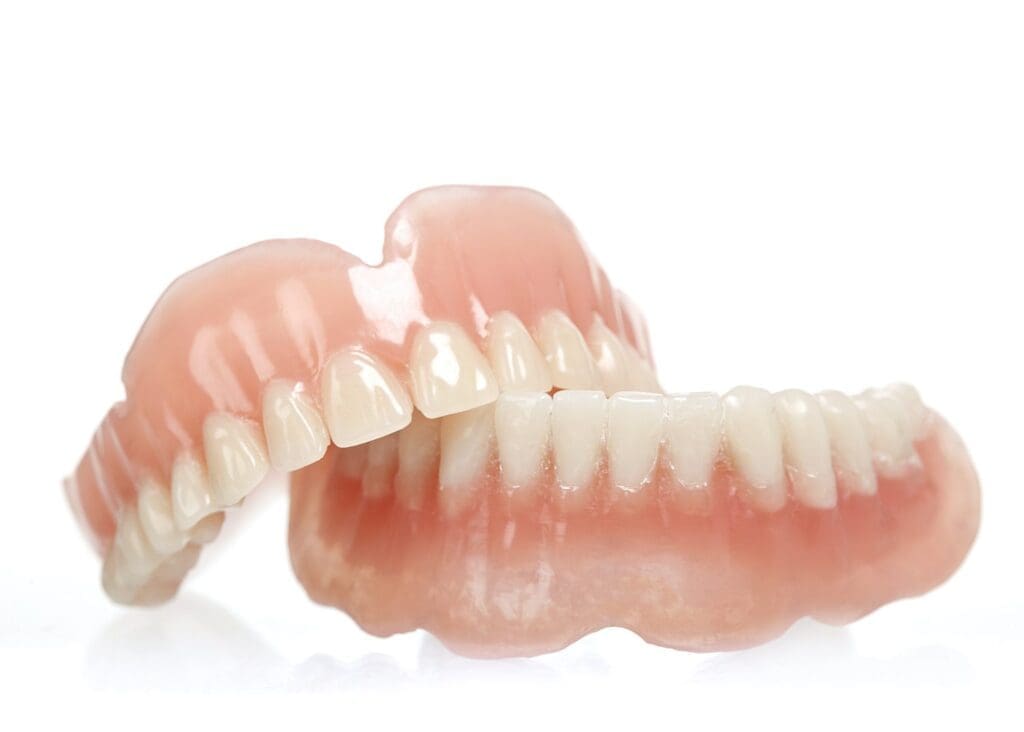Many people face tooth loss as they age. Traditional dentures offer a solution for missing teeth. Dentures can restore function and appearance. Consider several factors before making a decision. Understanding the benefits and challenges of a traditional denture is crucial for your oral health.

Understanding Traditional Dentures
Traditional dentures are removable prosthetic devices. They are designed to replace missing teeth and surrounding tissue. Dentures typically consist of acrylic resin and metal. Full dentures replace all teeth, while partial dentures fill gaps. Dentures rest on the gums and rely on suction or adhesive. A dentist customizes them to fit your mouth. This ensures they match your natural teeth as closely as possible.
Benefits
Dentures provide several benefits. They help improve oral function, often allowing you to eat and speak better. Dentures could also enhance your appearance by supporting facial muscles. Additionally, dentures are often more affordable than dental implants. They provide a quick solution for those needing immediate tooth replacement.
Another benefit is the non-invasive nature of dentures. Unlike implants, dentures do not require surgery. This makes them suitable for patients with certain medical conditions. Dentures can also be easily adjusted or replaced. This flexibility is advantageous as your mouth changes over time. Moreover, they can be a temporary solution while waiting for implants. This allows you to maintain your lifestyle without interruption.
Challenges
Traditional dentures come with challenges. They may require frequent adjustments for comfort. Dentures can feel bulky or slip while eating or speaking. Adhesives can help, but they may not always be effective. Some people experience sore spots or irritation from dentures. This discomfort can be frustrating and may take time to resolve.
Another challenge is the learning curve associated with dentures. It may take several weeks to get used to them. During this time, you may experience changes in speech. Eating certain foods can also be challenging. You may need to alter your diet initially. Regular dental visits are necessary to ensure a proper fit. Ill-fitting dentures can lead to further oral health issues.
Making an Informed Decision
Making an informed decision requires research and professional advice. Understand the benefits and challenges of traditional dentures. Compare them with other tooth replacement options. Consider your lifestyle, financial situation, and oral health. A thoughtful approach ensures you choose the best solution for your needs.
Considering Your Lifestyle
Your lifestyle plays a role in choosing dentures. Active individuals may prefer options that offer stability. Traditional dentures may require adjustments during physical activities. Consider your dietary habits as well. Some foods may be difficult to eat with dentures. This may require changes to your eating habits.
Social factors also play a role. You may feel self-conscious about wearing dentures. This can affect your confidence in social situations. Discuss these concerns with your dentist. They can provide advice on how to adapt. Consider how dentures will fit into your daily routine. This includes cleaning and maintenance.
Assessing Your Financial Situation
Cost is a significant factor in choosing dentures. Traditional dentures are generally more affordable than implants. Consider your budget and insurance coverage. Some dental plans cover part of the cost of dentures. Discuss payment options with your dental provider.
Financing options may be available. This can help spread the cost over time. Compare the long-term costs of each option. Implants may have a higher upfront cost. However, they may reduce maintenance expenses in the long run. Weigh these factors carefully to make an informed decision.
Evaluating Your Oral Health
Your oral health affects your denture choice. Healthy gums and jawbone are essential for denture support. Gum disease or bone loss can complicate denture fitting. Address any oral health issues before getting dentures. Regular dental visits help maintain oral health.
Your dentist will assess your oral health thoroughly. They will identify any issues that need addressing. This may involve treating gum disease or other conditions. They will ensure your mouth is ready for dentures. This preparation is crucial for a successful outcome. Good oral hygiene practices are essential. They help maintain your dentures and overall health.
Discuss your concerns with your dentist. At Owings Mills Dental Care, we can provide guidance and support. Contact our office today to schedule a consultation and see if a traditional denture is right for you.
